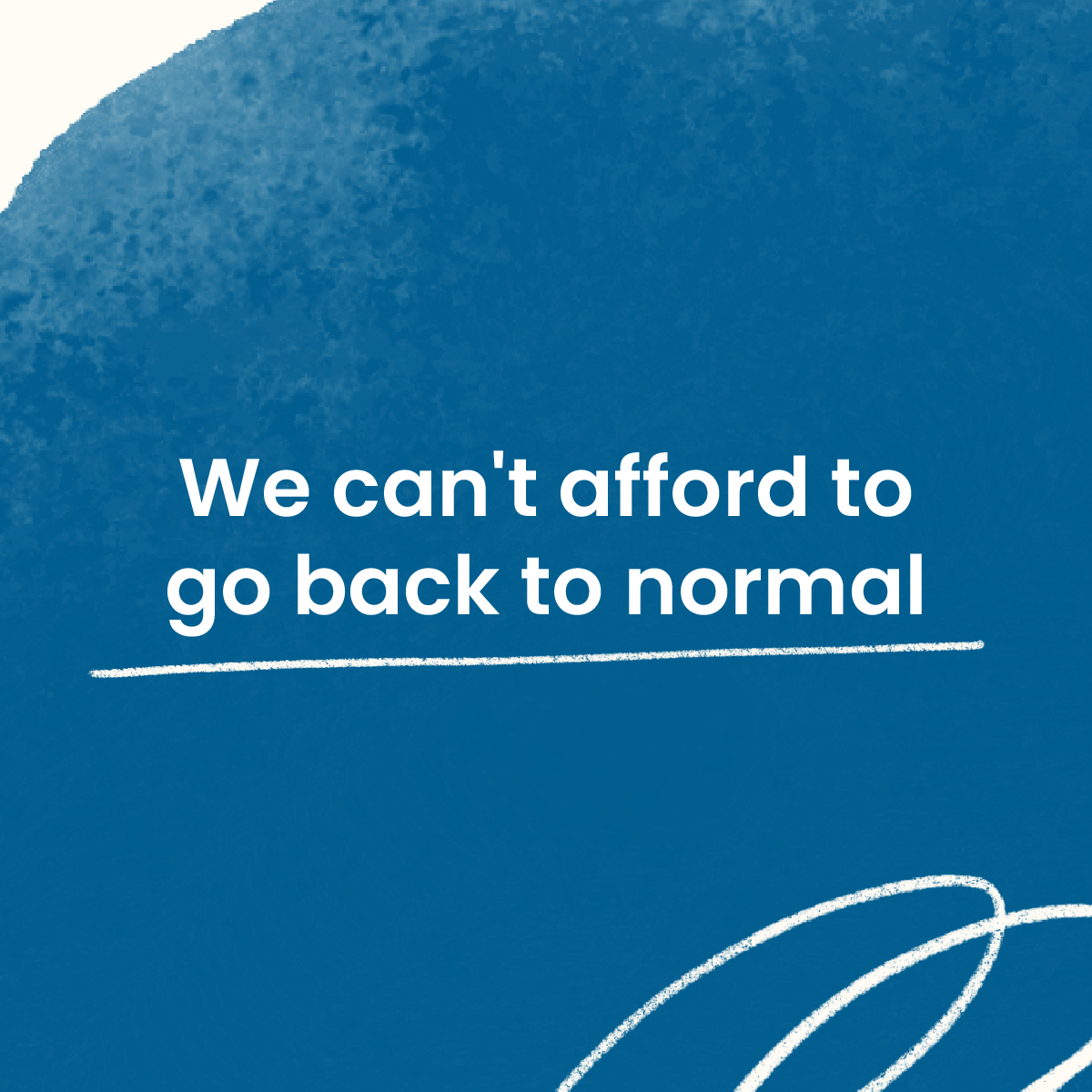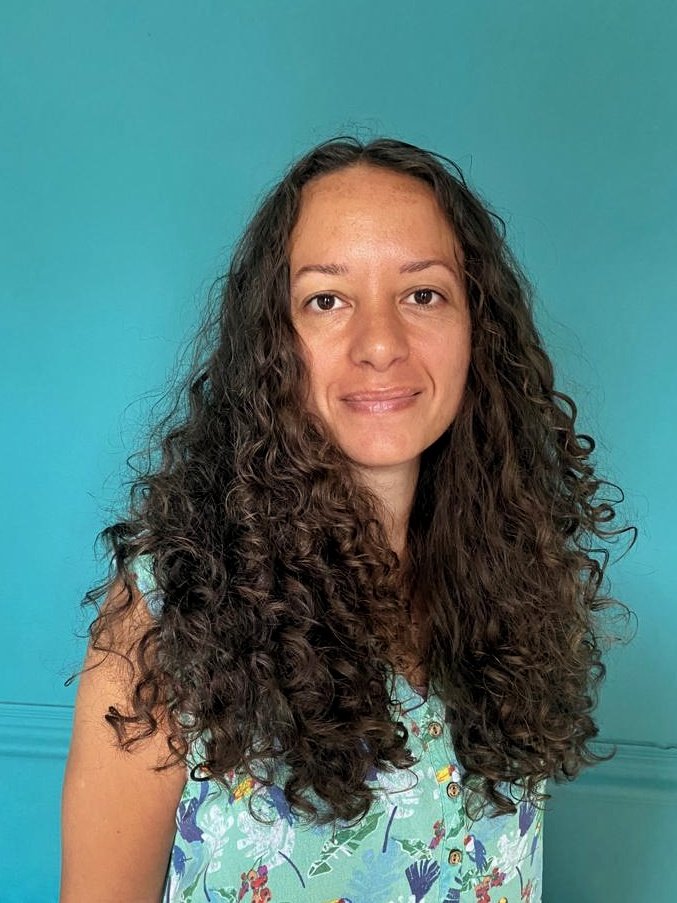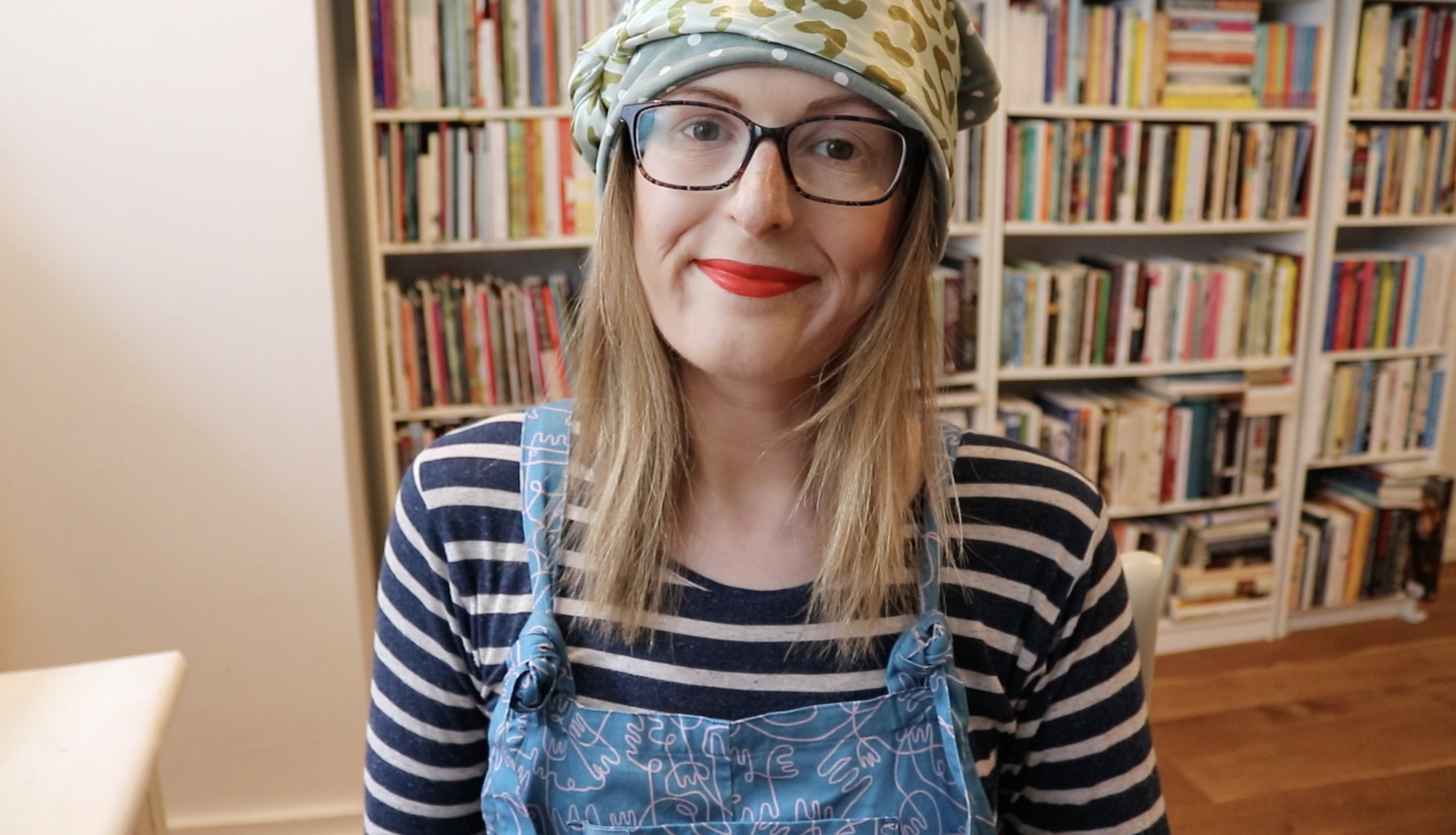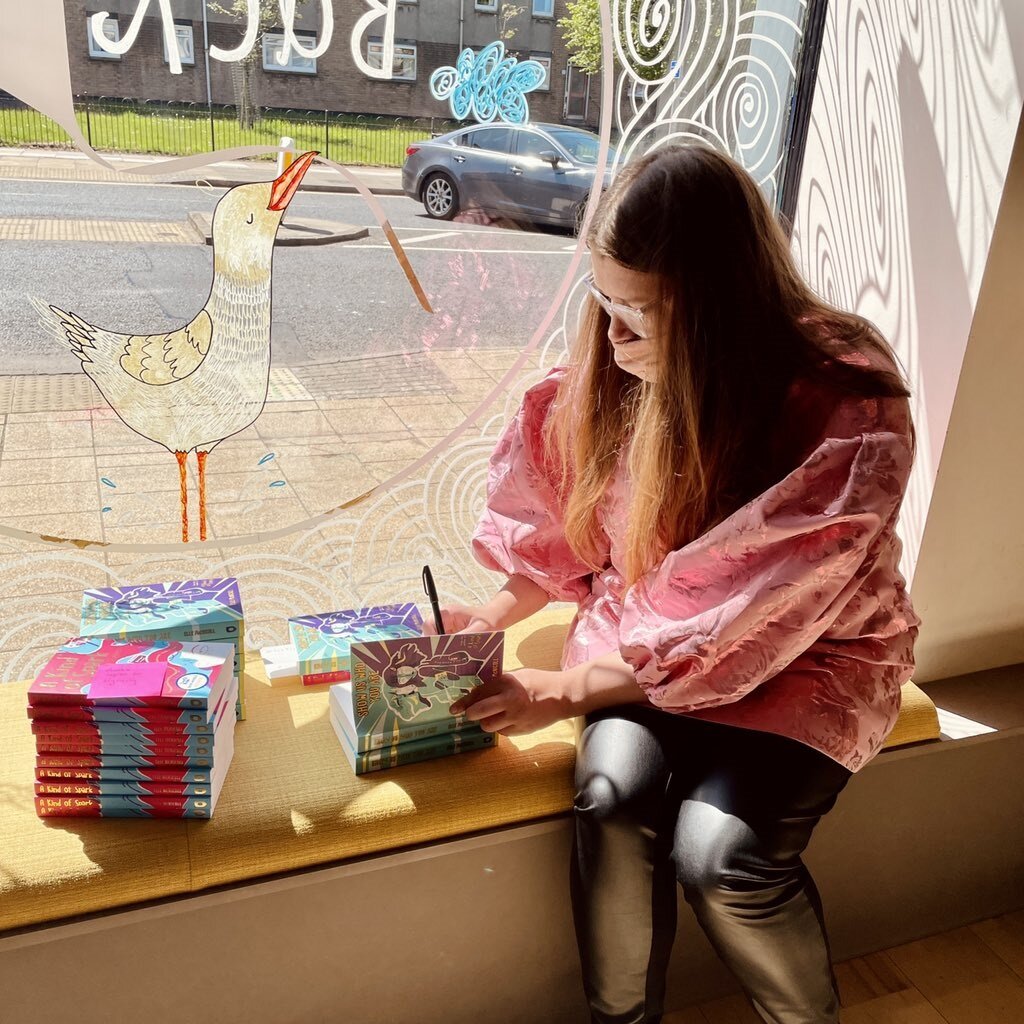
Inklusion Guide Impact Report
The Inklusion Guide has been out for two years - we want to measure if it’s had the impact on the industry we hoped for.

If you want diverse books you need to change your definition of commercial - by Elspeth Wilson
In the writing world, there are certain things that are often deemed to be necessary or essential by the industry to make a book successful, and to crucially sell. Narrative arcs. Three act structures with an inciting incident. Protagonists who are active not passive. Strong hooks. Showing not telling.
These are likely familiar phrases to many if not all writers, and whilst they can all be brilliant tools which have the potential to contribute to fantastic storytelling, when taken as gospel they can be as limiting as they are useful, particularly for writers whose stories aren’t those that we usually get to read.

Visibility, erasure, and making space for our sublime disabled stories – by Jeda Pearl Lewis
When Williams said, ‘The fact I exist is a political act,’ it reminded me of a recent poem I wrote that repeated the phrase ‘it was political.’ In the context of my own circumstances – who and where I was, my path to writing and writing that very poem, my hypervisibility in 1980s Scotland as a child of a white woman and a Black man – every aspect of my existence felt political, which resulted in the title / first line: ‘I was born / and it was political.’

“It’s only in the last five years that I’ve felt confident enough to challenge the ableism that I come across.” - An interview with Jen Campbell
We chat to best-selling author and award-winning poet, Jen Campbell, about the state of publishing when it comes to access and inclusion.

“Diversity, true diversity, not performative diversity, is the true key to great commercial success.” - An interview with Elle McNicoll, part two
We talk to Elle about access in publishing and the barriers she’s faced as a disabled author.

“Publishers have a choice now – keep going as you are, or choose to make things better.” - An interview with Elle McNicoll, part one
We talk to Elle about access in publishing and the barriers she’s faced as a disabled author.
